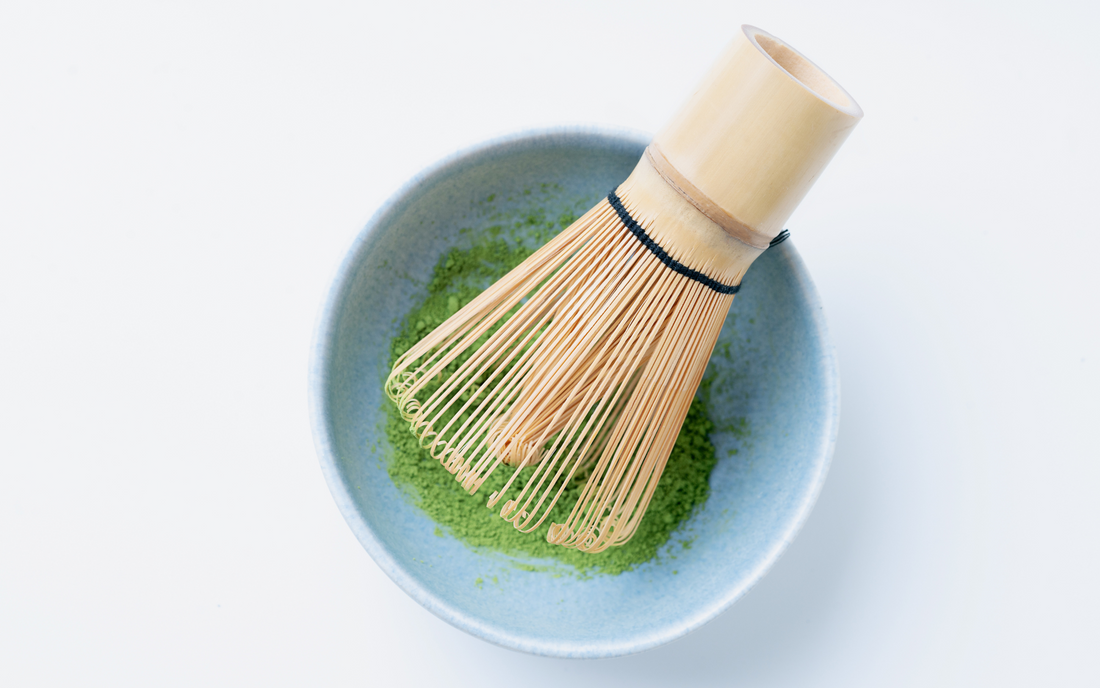
Cleaning Your Matcha Whisk: A Step-by-Step Guide
Share
Cleaning Your Matcha Whisk: A Step-by-Step Guide
Understanding Your Matcha Whisk
This traditional tool, essential for achieving the perfect froth in your matcha, merits careful handling and cleaning to ensure its durability and performance. Crafted from bamboo, these whisks are designed with up to 100 prongs to perfectly blend matcha powder and water into a smooth, frothy delight. The care you extend towards your chasen directly impacts the quality of your matcha drinking experience. So, how often should I clean my matcha whisk?
Clean After Every Use
1. Rinse Immediately
After each use promptly rinse your whisk under warm, running water. Ensure that no matcha is left on the prongs. This can lead to mold growth and degrade the whisk's quality.
2. Avoid Detergents
Keep your cleaning natural; detergents and dishwashers can damage the delicate bamboo, stripping away its natural oils and resilience.
3. Air Dry on a Whisk Holder
After rinsing, place your bamboo whisk on a whisk holder (kusenaoshi) to maintain its shape and allow for proper air circulation. This step is crucial in preventing mold and ensuring the prongs dry evenly.
4. Store Properly
Once completely dry, store your chasen in an open space, preferably on its holder, to keep its shape intact and ready for your next matcha preparation. Don't store in the closed container your whisk came in.
When to Replace Your Matcha Whisk
Even with proper care, a bamboo whisk will eventually show signs of wear. When prongs begin to break or lose their integrity, it's time to replace your chasen. With proper care your bamboo whisk can last up to two years before needing to be replaced. If it is time to replace your whisk checkout our high quality bamboo whisks here. Or save some money and buy it as part of a matcha set!
Bonus Tip!
Prior to first use, soak your chasen in warm water for a few minutes. This not only cleans it but also softens the bamboo, preventing the prongs from breaking during whisking.

